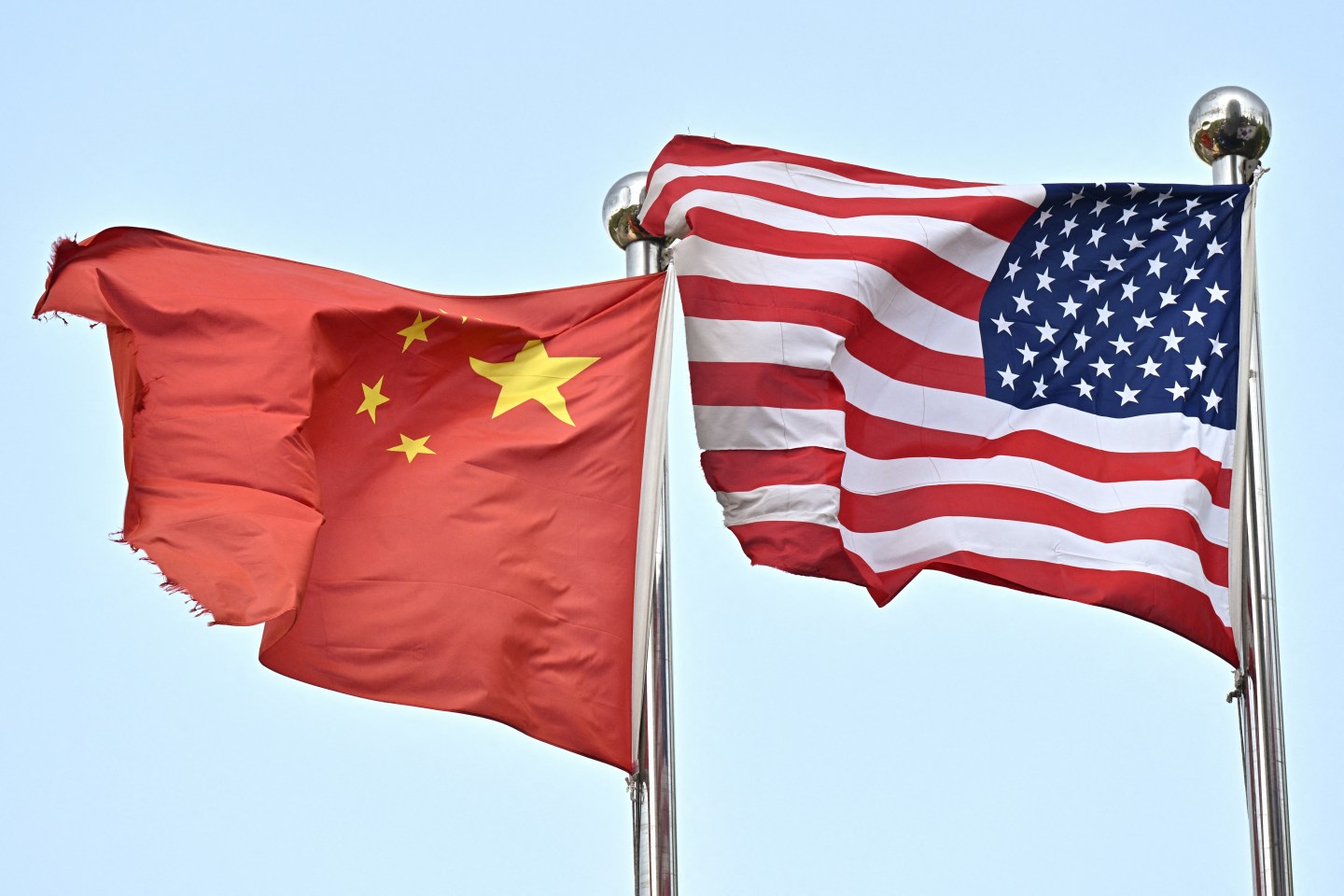This is the web version of The Capsule, a daily newsletter monitoring advances in health care and biopharma. Sign up to get it delivered free to your inbox.
Immunity is a strange concept.
You can become immune to so many things ranging from words to a pathogen. But that protection can be tenuous. And that’s a critical thing to keep in mind during a global outbreak.
Consider a new study published in the New England Journal of Medicine suggesting that coronavirus antibodies may be ephemeral.
“The antibody response is being closely studied by scientists worldwide for indications of how long-lasting immunity may be. While there’s little evidence to suggest reinfections are broadly occurring, health experts have yet to pin down specifics,” according to Bloomberg. “The latest findings raise concern that protection from reinfection may not last long in those with mild symptoms, which accounts for the majority of cases.”
Science is a process (I think readers have caught on to that by now and are probably sick of me saying it). But this is one of the key issues we all have to focus on. If immunity from coronavirus is a weak or temporary protection, we’re going to have to gird for a much longer fight against this thing.
On that note, I had a great chat with the CEO of diagnostics giant LabCorp this morning. Stay tuned.
Read on for the day’s news.
Sy Mukherjee
sayak.mukherjee@fortune.com
@the_sy_guy
DIGITAL HEALTH
The robots that pack bread during the pandemic. My colleague Jonathan Vanian delves into a different aspect of digital health—the food supply chain, and how robots could help us all out. Bonus: These robots are making bread. "Two robots with mechanical arms cruised down a railing that ran between two sets of blue crates, each loaded with various loaves of bread. The robots needed to coordinate with each other so they didn’t bump into one another while they transported loaves from one set of crates to the other—a common task used for facilitating bread shipments," writes Jonathan. Read the whole thing here. (Fortune)
INDICATIONS
AbbVie sticks with its patent thicket strategy for a cancer drug. Biotech giant AbbVie is no stranger to protecting its patents. I wrote extensively about its efforts to maximize profits for Humira, the world's best-selling drug, right here. Humira is used to treat inflammatory conditions like arthritis, psoriasis, and a host of other diseases. The company is a master of forming so-called patent thickets that guard its drugs from competition by claiming steps in the manufacturing process are innovative and legally shielded (it's a battle the firm has won time and time again). The latest victory? The cancer drug Imbuvica, whose patent lifeline could be extended by nine years in part thanks to AbbVie's patent moves, according to I-MAK. (FiercePharma)
THE BIG PICTURE
What does a cognitive test actually mean? Testing a presidential candidate (or a president's) mental health is kind of troublesome. Judging people from the outside and claiming they have a mental health condition is pretty awkward (and a lot of psychiatrists and mental health professionals think it's straight up unethical). But President Trump's renewed claims about his mental acuity and fitness for office (an argument he's made many times before and used against political opponents, including Joe Biden) has brought this to the spotlight. Here's some more detail. (Fortune)
REQUIRED READING
There are now just 4 Black CEOs in the Fortune 500, by Phil Wahba
How tech giants are handling the unprecedented mental health crisis during the pandemic, by Jonathan Vanian
Why Republicans need a convention and Democrats can lay low, by Nicole Goodkind











